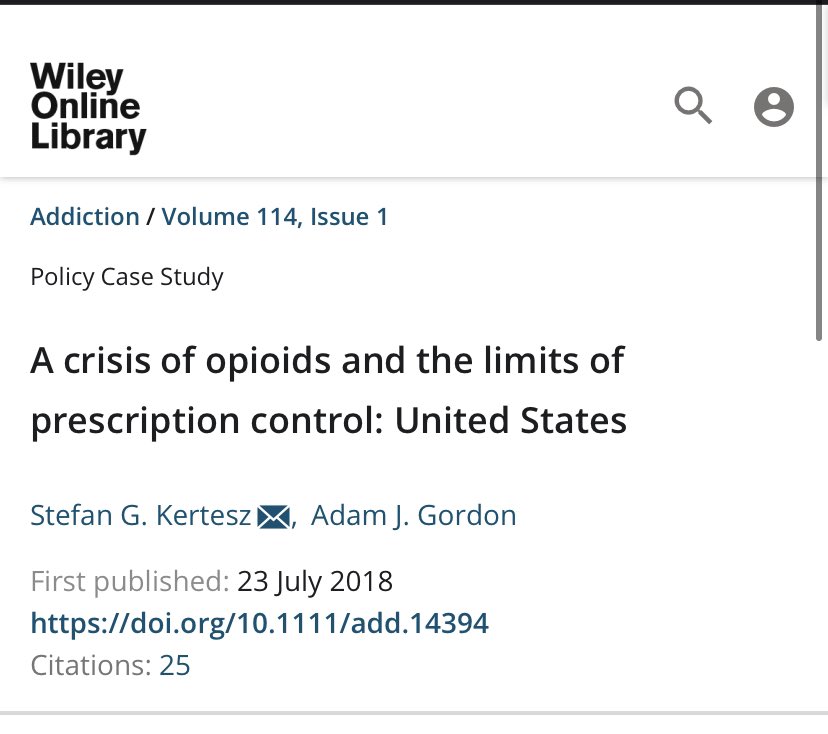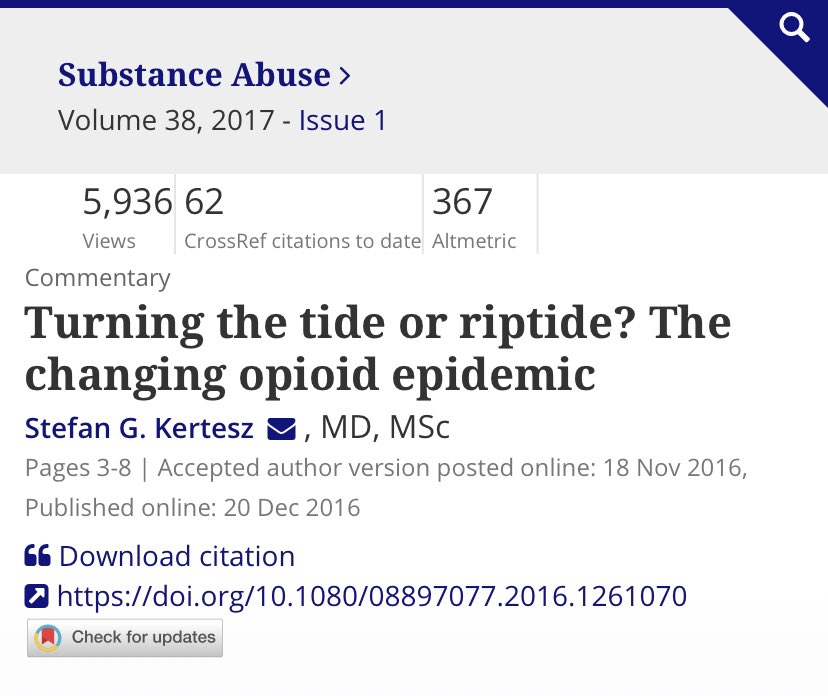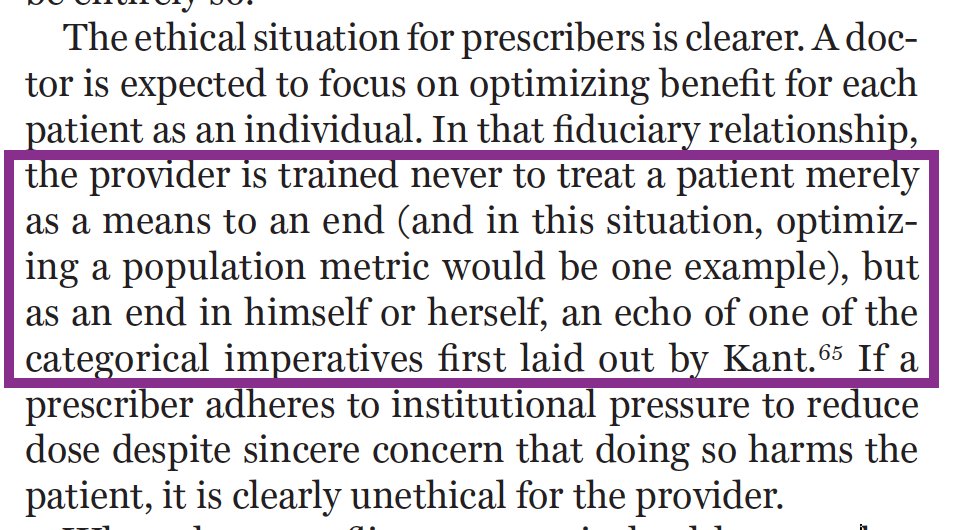
1/Nice viewpoint out today: "Balancing the Risks and Benefits of Benzodiazepines" -authors note risks of these drugs and their utility, in light of @US_FDA changing the label to highlight risks jamanetwork.com/journals/jama/…
2/FDA's revised warning will more thoroughly cover risks, and the authors endorse that "increased caution regarding benzodiazepine use is warranted; fewer benzodiazepine prescriptions are needed" ... with a careful stipulation...
3/Benzodiazepine risks needed to be highlighted, "However, when considered without an appropriate patient-centered context, this enhanced warning statement might lead to fewer appropriate prescriptions and unintended consequences" - this should echo what happened with opioids
4/In 2015-16, 30 million Americans reported "use" of a benzodiazepine and 17% of that 30m "misuse". Rate of benzodiazepine-related deaths increased by a factor of 10 from 1999 to 2017. 17% of addiction treatment admissions identify this drug type as one of the drugs of abuse
5/And yet benzodiazepines are effective for the treatment of anxiety disorders. Across 58 RCTs they were more effective than placebo, consistently: pubmed.ncbi.nlm.nih.gov/30676225/
6/The authors note, correctly, that a beefed up FDA warning (which was justifiable!) "physicians might inappropriately withhold benzodiazepine therapy, thereby leading to poorly treated anxiety disorders and insomnia, as well as precipitation of withdrawal"
7/Antidepressant meds &psychotherapy will prove (and have proven) effective for many patients with anxiety disorders. And "a significant number of patients will derive inadequate symptom relief from these modalities or may have limited access to psychotherapeutic treatments"
8/"patients should be screened for risk factors before initiating benzodiazepines, including substance use disorders, a history of misuse of Rx'd medications, cognitive impairment, older age & risk of falls, and concomitant use of opioids."
9/A wise conclusion: "The newly enhanced boxed warning appropriately highlights the real risks posed by benzodiazepines; it is up to physicians to judiciously act on but not overreact to this information." jamanetwork.com/journals/jama/…
• • •
Missing some Tweet in this thread? You can try to
force a refresh











